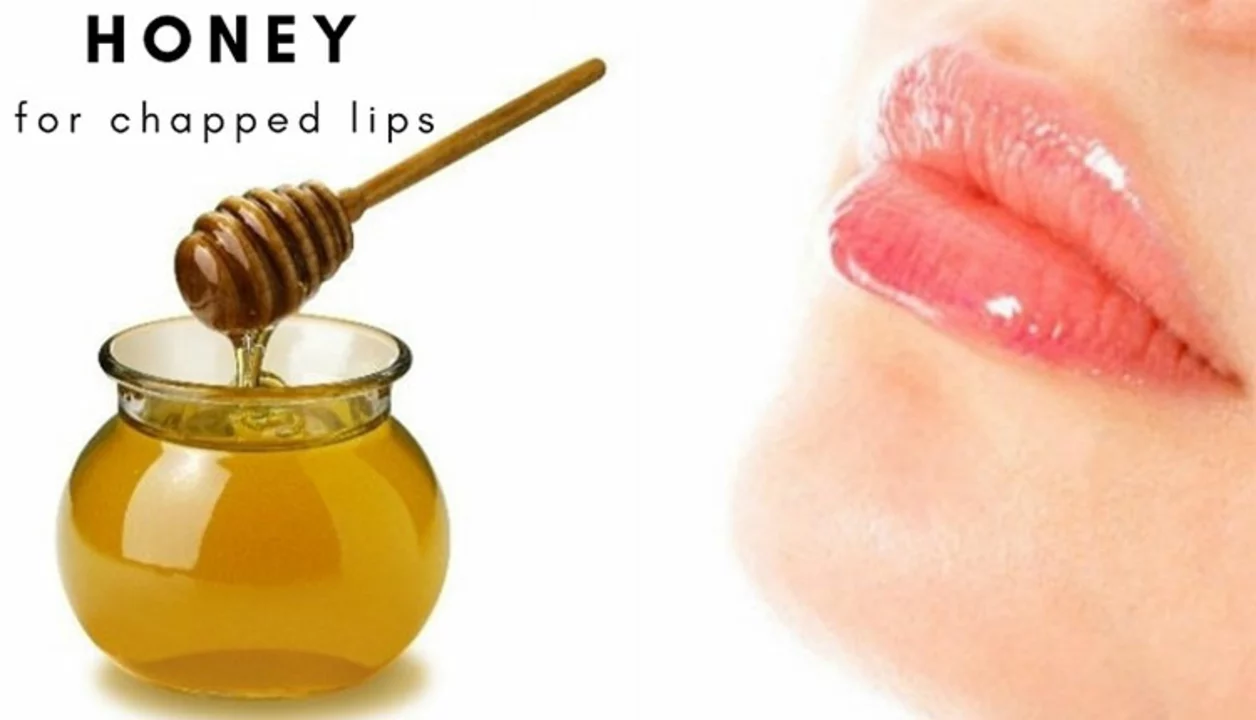Benefits: Real Health Wins from Meds, Supplements & Diet
Not every "benefit" you read about is worth your time or money. This tag collects clear, practical pieces that focus on real benefits—what works, how well it works, and what risks come with it. You'll find drug guides, supplement reviews, and food-related health tips that aim to cut through hype.
On RXConnected you'll see articles about prescription drugs like Plavix or Ventolin, natural options like rose geranium oil and black mulberry, and broader topics like nutrition and tumor growth. We cover benefits but also safety, dosage, costs, and legal issues like cross-border buying. That mix helps you decide whether a treatment or product is actually useful for you.
Finding the true benefit means asking the right questions. Does the treatment reduce symptoms or change outcomes? Who was studied—young adults, older patients, people with diabetes? Were results measured for weeks, months, or years? Small short trials and anecdotes are a start, but large, controlled studies give more reliable answers.
How to judge a claimed benefit
Look for measurable outcomes: lower blood pressure, fewer asthma attacks, or reduced tumor markers are concrete. Check study size and length—bigger and longer studies are better. See if the results are clinically meaningful: a tiny change that doesn’t affect daily life might not matter. Watch for conflicts of interest; industry-funded studies can still be useful, but interpret their findings carefully.
Match the dose used in studies to what’s recommended. Some supplements show effects only at doses not found in over-the-counter products. Also consider who funded the research and whether the benefit holds across different groups. If multiple independent trials show similar results, confidence goes up.
Quick checklist before trying a supplement or new drug
1) Talk to your clinician: mention current meds, conditions, and allergies. Drug interactions are common and sometimes dangerous. 2) Verify the source: use reputable pharmacies or brands and avoid sketchy online shops unless you know they’re legit. 3) Start small: try the lowest effective dose and monitor how you feel. 4) Track outcomes: keep a simple log of symptoms, side effects, and any improvements. 5) Compare costs and alternatives: a cheaper generic or lifestyle change might give the same benefit with fewer risks.
Beyond personal checks, pay attention to safety warnings and recall notices. For prescription meds, know when to seek urgent care—severe rash, breathing trouble, chest pain, or sudden swelling are red flags. For supplements, stop if you have unexplained symptoms and consult a professional.
This tag is for people who want useful, practical answers about benefits without nonsense. Browse the linked articles for deep dives on specific drugs, supplements, and foods. Read the safety tips, check the evidence, and make choices that fit your health goals and budget.
You'll find practical reads like Ventolin dosing tips for quick asthma relief, Plavix guidance for heart patients, and acetaminophen safety for pain and fever. There are also pieces on supplements such as rose geranium oil and black mulberry, plus guides on buying meds across borders and comparing prices so you get benefits without surprises. Start reading now.
Cheken Dietary Supplement: Discover the Secret to Optimal Wellness

This article breaks down how the Cheken dietary supplement can boost your overall wellness. It digs into what Cheken is, how it works, why it’s popular, and who can benefit from adding it to their routine. You’ll get practical tips on how to use it safely and smartly. Real benefits, science-backed facts, and real-life advice—nothing fluffy. If you’ve ever wondered what Cheken can actually do for you, this is your roadmap.
The benefits of using honey for chapped skin relief

As a blogger who loves exploring natural remedies, I recently discovered the amazing benefits of using honey for chapped skin relief. Honey is a natural humectant, which means it can moisturize and soothe dry, irritated skin. It also has antibacterial properties to help prevent infection in cracked skin. I've personally experienced great results with applying raw honey to my chapped skin and letting it sit for 15-20 minutes before rinsing off. I highly recommend giving honey a try for anyone struggling with dry, chapped skin - it's a sweet and natural solution!
